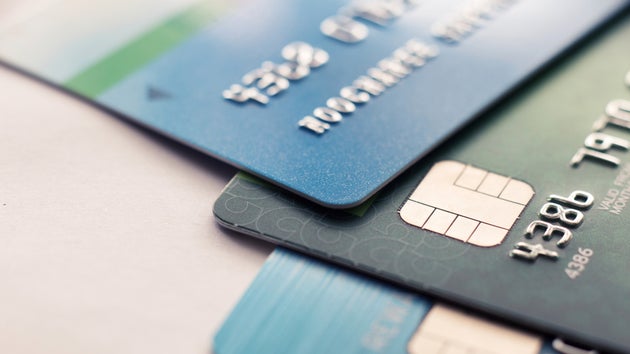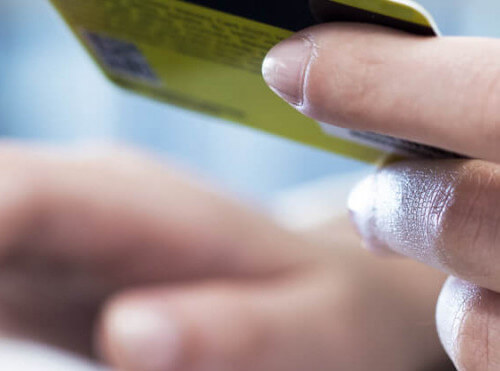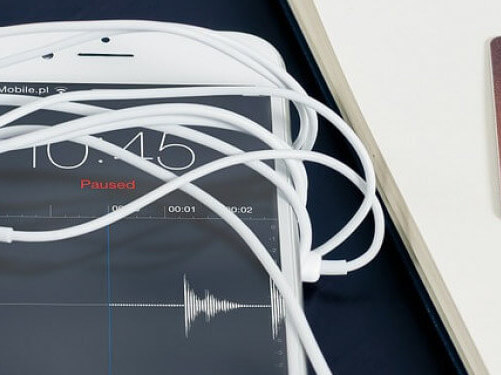Table of Contents
The purchase on account is still the most popular payment method in Germany. According to the EHI study "Online-Payment 2016", 29 percent of the e-commerce revenues are invoiced. The share of sales generated by invoice sales even grew by one percent compared to the previous year. Also in Austria and Switzerland, the purchase via invoice is an increasingly popular payment method, which augment the conversion rate in the online shop. The popularity of this payment method is independent from demographic variables. It is especially popular with women in the high-fashion sector and with men in ticketing.
What does paying by invoice means?
The invoice is a payment option for customers, other payment methods including credit card, debit card or PayPal. If the customer chooses to pay his online purchase by invoice, he receives an invoice with a payment request. After the delivery of the goods, the invoice must be paid by bank transfer. The settlement is made either directly or within a specific time frame. It is also possible to stipulate a different date for the settlement.
Why are invoice purchases so popular?
Invoice transactions are an attractive choice for customers for many reasons:
A) The buyer disposes of more time to prepare the sum needed for payment.
B) If the product does not meet the expectations, they can be returned without any payment.
C) Security-oriented buyers are not willing to provide sensitive banking or credit card information via the Internet.
In definitive, another strong incentive is the simplicity to cancel a non-delivered order.
Risk management
For merchants, risks and opportunities go hand in hand. They must find a way to avoid high risks and inefficiencies and attract potential customers.
In order to achieve this balance between sales growth and risk minimization, the appropriate instruments must be identified and implemented in risk management.
Scoring at the purchase
Scoring classifies customers according to different risk classes. For example, regular customers with a positive history or business customers may not require any further risk assessment. Experienced traders may have more criteria in their scorecard. These include, for example, orders with certain product combinations or email addresses, which are more at risks. Here, the dealer would either not offer the option to buy via Invoice or perform a credit check.
Invoice purchase with credit check
If a credit check is carried out, it is important to include these at the right step. For an optimal conversion rate, the creditworthiness should be checked in real time directly when entering the customer data. If the check fails, invoice transactions will not be offered at all when the payment methods are listed. If, the credit check is carried out only after the customer has chosen to pay by invoice, and the verification fails, the merchant must expect not only the order to be cancelled but also to lose a customer.
Credit assessment of providers such as the Schufa, the Universum Group or Arvato are not free. However, those costs are worthwhile.
Installment payment as an additional option
Merchants are also increasingly offering the installment option as an option when paying by invoice. If this was fairly common for more expensive goods, it is also gaining popularity with cheaper items. The buyer pays in a pre-set number of payments. The amount and duration of the installments may be, to a certain extent, determined by the customer. However, the time when the customer can pay back the credit usually depends on the useful life of the goods.
The advantages of installments
Through invoice purchase, a buyer is allowed to acquire and use things which he does not have to pay immediately. This makes sense if the buyer has the necessary financial resources, but cannot immediately dispose of them (e.g. investments).
If a household urgently needs to purchases something, such as a washing machine, and does not have sufficient cash at the time, installments can be recommended.
For retailers, allowing installments is worth it, since customers are more willing to buy high-priced products. In short, the payment will become more flexible for the customer and the sales opportunities of the dealer will increase.
The disadvantages of installments
Often, the buyer overestimates his economic situation and can be seduced to buy despite poor financial situation. In many cases, this is the first step into debt. In the end, the installment is more expensive than the cash purchase. Generally even more expensive than other loans.
Cost of the purchase
At first sight, invoice purchase appears to be a favorable method of payment, especially if it is settled in the merchant himself. However, there are many hidden costs, which are to be analyzed and taken into account. Fees are incurred for the creation of the invoice, the verification of incoming payment and the transaction itself. To reduce the risk of payment failure, specific risk management checks are carried out manually or with different tools. Additional costs are charged for the creditworthiness test.
If a customer does not pay immediately, the dealer finances the goods for the corresponding period. This must be budgeted. In the event of a payment failure, there are additional costs in dunning and collection or the complete depreciation of the goods.
Outsourcing payments via invoice?
Dealers offering invoice payment option may either do their own risk management or work with commission bureaus, thus outsourcing the entire invoice process and risk management. Many companies choose to outsource invoice payments to specialized payment service providers. This saves internal resources and the company benefits from fixed costs.
The secured purchase
If the service provider also takes over the risk of payment, it is called secured invoice purchase. When the purchase is secured, the dealer has a payment guarantee and is paid at a fixed time. The claim is handed over directly to the service provider. He handles the payment and accepts the payment default risks. The merchant pays for this security.
Invoice suppliers
In Germany, there is a selection of service providers offering individual services and credit ratings, as well as companies specializing in billing, direct debit and installment payments (e.g. RatePay, the Universum Group, Billpay or Klarna).
In the meantime, individual payment service providers also offer the purchase of bills - secured and unsecured - in addition to payment methods such as credit cards, debit cards, and PayPal.
White-label solution when invoicing
Payment service providers are becoming increasingly popular. However, many merchants fear that customers would be confused to receive a bill from the PSP, rather than directly from the online store itself. This can be fixed by white-labeling. The PSP still takes over the invoice and the customer communication, but is not mentioned. Everything runs with corporate design of the online shop.
The name of the payer may also have a positive impact on customers. Online buyers pay attention to the trustworthiness of the shop as well as whether they rely on reliable and well-known partners. A brand like Klarna, for example, can give the buyer a sense of security and create confidence.










